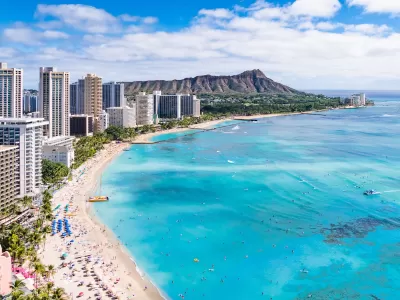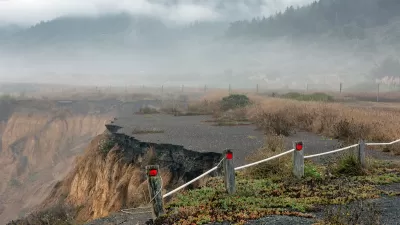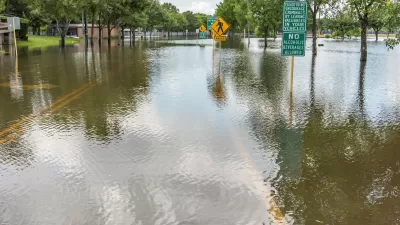The University of Hawaiʻi at Mānoa’s award-winning Waikīkī sea-level rise adaptation project combines science, architecture, and community input to create scalable solutions for climate resilience and coastal flood mitigation.

The University of Hawaiʻi at Mānoa-led Waikīkī sea-level rise adaptation project has earned national recognition, winning a design award from the Society of American Registered Architects (SARA) for its innovative and resilient architectural solutions. Spearheaded by experts from UH’s School of Architecture, Hawaiʻi Sea Grant, and the Climate Resilience Collaborative, the project combines scientific research with community-driven design to address the pressing challenges of rising sea levels, coastal flooding, and groundwater inundation in Waikīkī. This recognition underscores the importance of integrating cutting-edge science into urban planning to create sustainable and adaptable coastal communities.
The team’s research, published in Technology/Architecture + Design, highlights strategies like relocating critical infrastructure, elevating utilities, and implementing stormwater management systems as part of a holistic approach to mitigating flood risks. By engaging local stakeholders and applying scientific data, the project provides scalable solutions that can serve as a model for other vulnerable coastal areas. These efforts reflect a commitment to advancing climate resilience through interdisciplinary collaboration and design innovation, earning the team a nomination for Climate Hawaiʻi’s 2024 Climate Leadership Awards.
UH Mānoa leaders stress the urgency of addressing long-term sea-level rise impacts, as emphasized by the IPCC, which warns of centuries of continued rising seas. Interim Dean Chip Fletcher highlights the potential consequences for Hawaiʻi, including becoming unsafe and unaffordable without effective policies and proactive planning. The project serves as a critical step toward building a resilient future, demonstrating the power of combining architecture, climate science, and local input to ensure that Hawaiʻi’s communities can adapt and thrive amid climate challenges.
FULL STORY: Waikīkī sea-level rise adaptation project earns national recognition

Planetizen Federal Action Tracker
A weekly monitor of how Trump’s orders and actions are impacting planners and planning in America.

Trump Administration Could Effectively End Housing Voucher Program
Federal officials are eyeing major cuts to the Section 8 program that helps millions of low-income households pay rent.

The 120 Year Old Tiny Home Villages That Sheltered San Francisco’s Earthquake Refugees
More than a century ago, San Francisco mobilized to house thousands of residents displaced by the 1906 earthquake. Could their strategy offer a model for the present?

Washington State Legislature Passes Parking Reform Bill
A bill that would limit parking requirements for new developments is headed to the governor’s desk.

Missouri Law Would Ban Protections for Housing Voucher Users
A state law seeks to overturn source-of-income discrimination bans passed by several Missouri cities.

Op-Ed: Looking for Efficiency? Fund Intercity Buses
Much less expensive than rail, intercity buses serve millions of Americans every year, but public subsidies are lacking.
Urban Design for Planners 1: Software Tools
This six-course series explores essential urban design concepts using open source software and equips planners with the tools they need to participate fully in the urban design process.
Planning for Universal Design
Learn the tools for implementing Universal Design in planning regulations.
Ada County Highway District
Clanton & Associates, Inc.
Jessamine County Fiscal Court
Institute for Housing and Urban Development Studies (IHS)
City of Grandview
Harvard GSD Executive Education
Toledo-Lucas County Plan Commissions
Salt Lake City
NYU Wagner Graduate School of Public Service





























